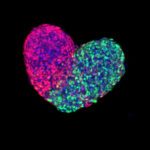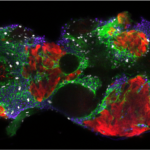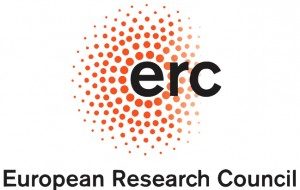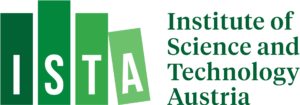Thomas Gregor, head of the unit “Physics of Biological Function” has been awarded a European Research Council (ERC) Synergy grant for his project ‘Transcription in 4D: the dynamic interplay between chromatin architecture and gene expression in developing pseudo-embryos’. The project will be conducted in collaboration with Denis Duboule, working at the Collège de France (Paris), and Gasper Tkacik, leading the team ‘Information Processing in Biological Systems’ at IST Austria. Thomas Gregor coordinates one of the 37 projects selected in Europe for this prestigious and highly selective grant in 2023.
The consortium, which brings together expertise in genetics as well as experimental and theoretical biophysics, will focus on the spatio-temporal dynamics of gene regulation during the early stages of mammalian embryonic development by exploring the potential of a promising experimental model called pseudo-embryo. Pseudo-embryos are aggregates formed of hundreds of small embryonic stem cells that can self-organize and develop over time into a multicellular structure that recapitulates the early steps of the development of a human embryo. Using state-of-the-art microscopy technologies allowing for the visualization of chromosome organization at the scale of individual genes with a high temporal resolution, the three teams will study how genes are activated and transcribed over time in a pseudo-embryo. Through genome editing and external perturbations, they will observe the genome dynamics at the molecular scale and they will confront these observations with biophysical models based on polymer dynamics. This project will allow them to explore the interactions between chromatin architecture and gene expression in a controlled experimental setup to gain a better understanding of the dynamics at play during the first stages of the life of a mammalian embryo.





